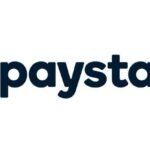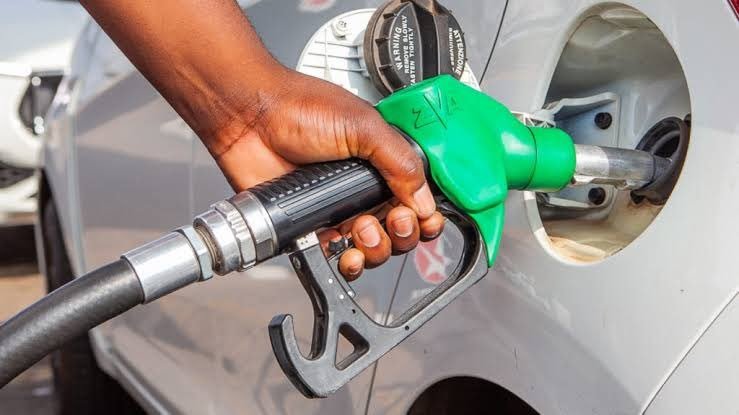New Fossil Fuel Surcharge Begins January 2026
Nigeria’s Federal Government has approved a new 5% surcharge on fossil fuels — notably petrol (PMS) and diesel (AGO) — as part of the country’s latest tax reform laws.
The levy takes effect on January 1, 2026, under a harmonised tax framework signed by President Bola Tinubu, and will apply directly at the pump.
The Legal Basis and Scope
The surcharge is contained in Nigeria’s 2025 tax reform package, often referred to as the Harmonised Tax Administration framework.
- It applies to “chargeable fossil fuel products provided or produced in Nigeria.”
- Collection happens at the point of sale, meaning it appears on customer receipts at filling stations.
- Exemptions include:
- Household kerosene
- LPG (cooking gas)
- CNG (compressed natural gas)
- Renewable energy products
These exclusions are designed to encourage cleaner energy adoption.
When It Starts
The start date is January 1, 2026, with no phased rollout announced. From that day, the 5% surcharge will be automatically applied to eligible fuel purchases nationwide.
How It Will Be Charged (Quick Maths)
Because the levy is percentage-based, the impact scales with spending:
- Buy ₦10,000 worth of petrol → pay ₦500 extra (total ₦10,500)
- Buy ₦20,000 → pay ₦1,000 extra (total ₦21,000)
Analysts expect pump prices to rise roughly in line with the tax per litre, though the exact figure depends on market prices at implementation.
Why the FG Says It’s Doing This
Government communications frame the surcharge as part of fiscal reform and energy transition strategy:
- Raise non-oil revenue and simplify tax collections.
- Fund infrastructure and green initiatives.
- Nudge consumers away from fossil fuels toward cleaner energy.
This comes after two years of wider economic reforms — including subsidy removal, FX unification, and a push to increase tax-to-GDP.
Public Reaction So Far
Reactions have been mixed:
- Commuters and SMEs worry about affordability amid already high transport and energy costs.
- Editorials and analysts warn of inflationary effects through transport and logistics.
- Labour unions and industry players are expected to challenge or lobby for cushioning measures as 2026 approaches.
Who Will Feel the Impact Most?
- Urban commuters & transport operators → Higher daily running costs, likely fare adjustments.
- SMEs and households using generators → Diesel/petrol-powered operations become costlier.
- Freight & food supply chains → Transport cost pass-through may push food prices up.
- LPG/CNG users → Relatively insulated, by policy design.
Practical Tips for Consumers & Businesses
- Audit fuel use now – estimate a 5% cost uplift from January 2026.
- Explore switching to LPG/CNG fleets, solar hybrids, or more efficient generators.
- Renegotiate contracts to include fuel cost clauses before Q1 2026.
- Plan transparent pricing – communicate price adjustments clearly to customers.
Policy Guardrails to Watch
- Implementation regulations: How POS systems display and remit the levy.
- Targeted relief measures: Transport vouchers or SME support may follow public pushback.
- Enforcement of exemptions: Clear communication to protect households and cleaner energy users.
Bottom Line
From January 1, 2026, Nigerians will pay 5% more on petrol, diesel, and other chargeable fossil fuels.
While intended as a revenue and clean-energy tool, the levy will raise cash-out at the pump and could ripple through transport and goods prices — unless offset by efficiency gains or shifts to exempt fuels.
Watch for implementation guidelines, possible cushioning policies, and how strictly exemptions are enforced in the months ahead.
If you enjoyed this article, explore more insightful stories on iNaijanow and join the conversation on our Instagram, Facebook, X, YouTube for fun, engaging, and up-to-date content.
Disclaimer: The opinions, views, and information expressed in this article are those of the author and do not necessarily reflect the official policy, position, or views of iNaijanow. The company assumes no liability for any errors, omissions, or damages arising from the use of this information.



















